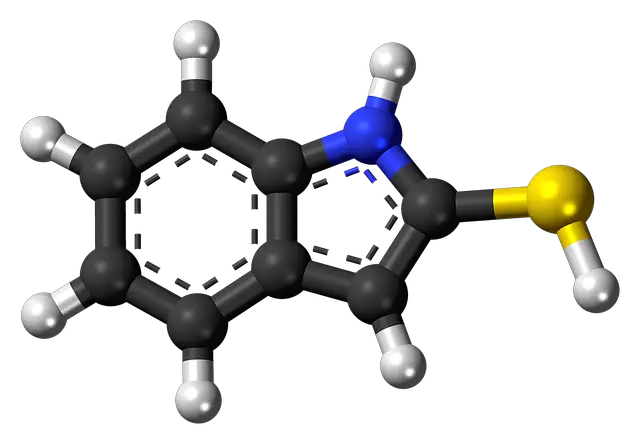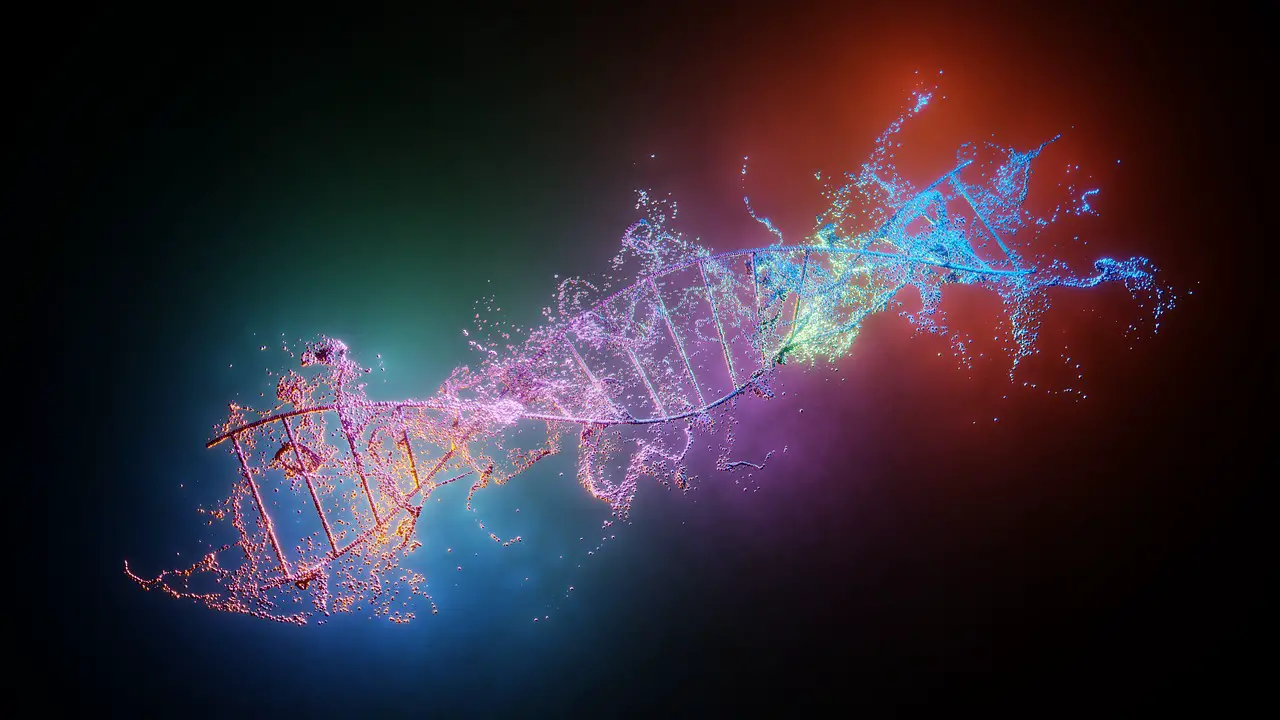
Chemistry, as a fundamental science that studies matter and its transformations, has branched into various disciplines over time, each of which focuses on specific aspects of the composition and behavior of chemical substances.
This discipline of science is divided into different branches and sub-branches. In this section we will analyze the 6 most studied branches of chemistry: inorganic, organic, physical, analytical and biochemistry. Each of these disciplines plays a fundamental role in understanding chemistry and its application in a variety of fields.
Inorganic chemistry
Inorganic chemistry is concerned with the study of chemical compounds that do not contain carbon-hydrogen (CH) bonds. This includes a wide variety of substances, such as minerals, metals, and inorganic compounds. It is often associated with the chemistry of metallic elements and their properties, as well as the synthesis and characterization of inorganic compounds.
Inorganic chemists investigate the structure of inorganic compounds, their physical and chemical properties, and how they react with each other.
Uses
This branch of chemistry is essential in the manufacture of advanced materials, such as catalysts, semiconductors and ceramic materials, and plays a crucial role in the chemical and metallurgical industries.
organic chemistry
 Organic Chemistry focuses on the study of compounds containing carbon-hydrogen (CH) bonds, including hydrocarbons and derived organic compounds. This branch of chemistry is essential for understanding the molecules present in living beings, such as proteins, nucleic acids and carbohydrates, as well as the synthesis and modification of organic compounds.
Organic Chemistry focuses on the study of compounds containing carbon-hydrogen (CH) bonds, including hydrocarbons and derived organic compounds. This branch of chemistry is essential for understanding the molecules present in living beings, such as proteins, nucleic acids and carbohydrates, as well as the synthesis and modification of organic compounds.
Organic chemists explore the structure of organic molecules, their chemical properties, and their behavior in chemical reactions.
Uses
Organic chemistry has wide application in the pharmaceutical industry, chemical manufacturing, polymer synthesis, and fuel production.
Furthermore, it is an essential discipline in biomedical research and the development of new materials.
Physical chemistry
Physical chemistry focuses on the investigation of the physical and mathematical principles that govern chemical reactions and the properties of matter. Examines concepts such as thermodynamics, chemical kinetics, quantum mechanics and spectroscopy, which allow us to understand how and why chemical reactions occur.
Chemists specializing in this branch study the energy, rate and mechanisms of chemical reactions, as well as the physical properties of materials, such as electrical and thermal conductivity.
Uses
This branch of chemistry is essential for the design of efficient chemical processes, the optimization of industrial reactions and the research of new materials with unique properties.
Analytic chemistry
Analytical chemistry is dedicated to the identification and quantification of chemicals in samples. It uses a variety of analytical techniques and methods, such as spectroscopy, chromatography, and electrochemistry, to analyze the composition of chemicals in complex samples.
Analytical chemists play a crucial role in the quality and safety of chemicals and foods, in the detection of contaminants, and in forensic investigation. They also contribute to the characterization of materials and environmental monitoring, evaluating the presence and concentration of substances in the environment.
Biochemistry
 Biochemistry is an interdisciplinary branch that explores chemical reactions in biological systems. Studies biomolecules, such as proteins, nucleic acids, lipids and carbohydrates, as well as their structures and functions in living organisms.
Biochemistry is an interdisciplinary branch that explores chemical reactions in biological systems. Studies biomolecules, such as proteins, nucleic acids, lipids and carbohydrates, as well as their structures and functions in living organisms.
Biochemistry is essential for understanding fundamental biological processes, such as DNA replication, protein synthesis, and energy production in cells.
Uses
Biochemists investigate how biomolecules interact and regulate cellular function. In addition, they play a vital role in medical and pharmaceutical research, since knowledge of biochemical processes is essential for the development of drugs and therapies.
They also contribute to the emerging field of biotechnology, which seeks to apply biochemical principles in the production of food, medicines and bioproducts.